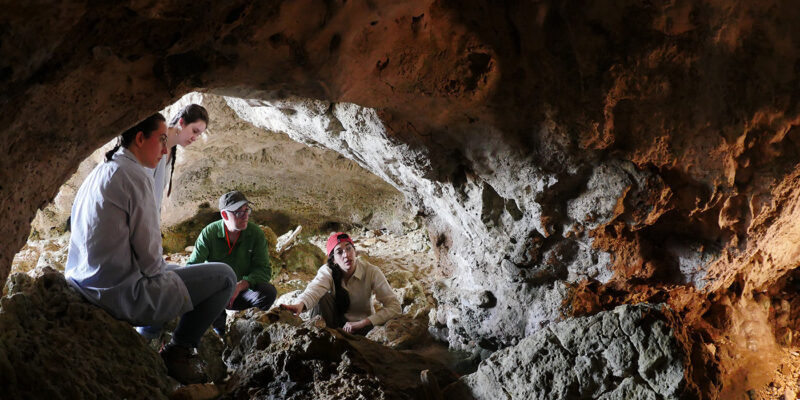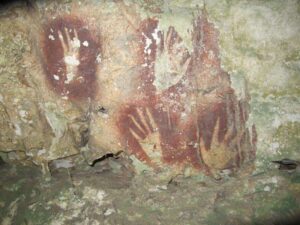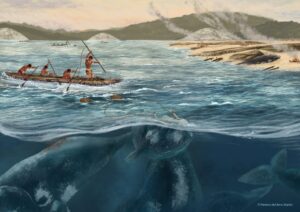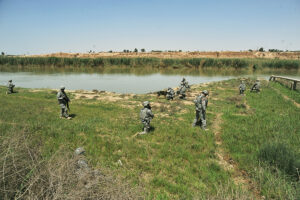Underwater caves off the coast of Sicily offer new clues about the island’s first human inhabitants. They may have arrived by sea, not by land, as previously assumed.
Sicily is one of the earliest islands in the Mediterranean that modern humans inhabited. How they reached it is a mystery. Though it sits just over three kilometers off the coast of Italy, crossing that stretch of water was not easy.
Most of the work on Sicily’s ancient history has focused on land. But archaeologist Ilaria Patania and her team studied submerged caves in southern Sicily instead. Tens of thousands of years ago, these were on dry land, but rising sea levels have since covered them.
Patania and her team worked closely with local divers, fishermen, and even retired tugboat captains who had spent years in the waters around Sicily. Their insights helped researchers locate previously overlooked sites. Archaeologists also collaborated with the Italian navy’s specialized dive teams to explore deeper underwater areas.
Initially discovered in 1870 and lightly investigated in the 1990s, the caves have been almost forgotten since then.
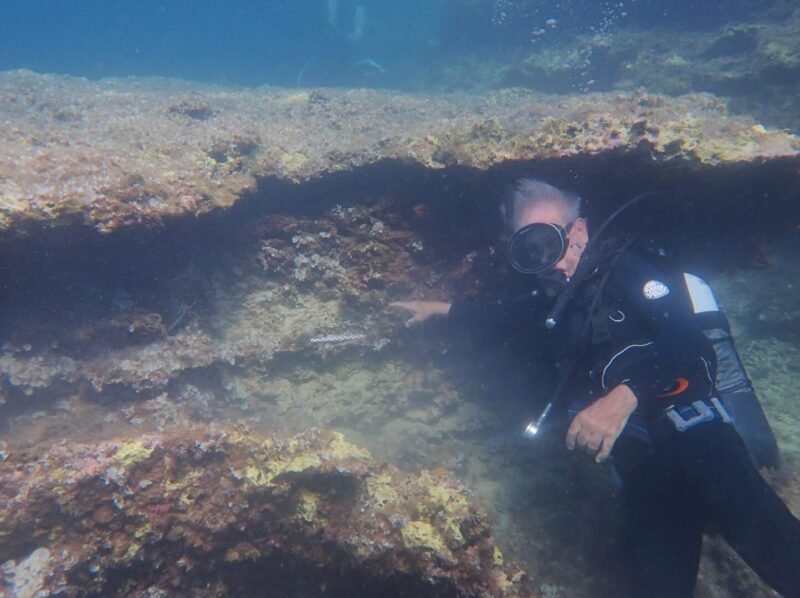
Photo: Ilaria Patania
Land bridge
The team searched the underwater caves for signs of early human presence. One site of particular interest is the Corruggi cave near the southern tip of Sicily. A land bridge once connected this to the island of Malta, so early humans could have walked between the islands.
“Analyzing the remains from this site might give us insight on the very last leg of the human journey [from] the southernmost coast of Sicily and off toward Malta,” said Patania.
Inside the Corruggi cave, researchers found animal fossils, pottery, and ancient stone blades, suggest that early humans were active in this region. They may have traveled either by land, water, or both — island-hopping across the Mediterranean.
Researchers tend to agree that ancient humans arrived in the area 16,000 years after the last glacial maximum. But we know humans had made it to Siberia 30,000 years earlier. The huge discrepancy in time scales is baffling. Many now wonder if our ancestors arrived in Sicily much earlier than we thought.
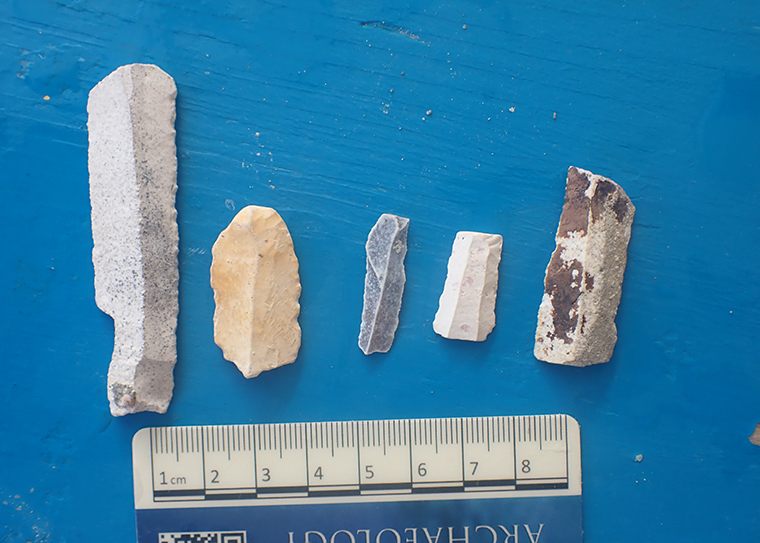
Stone tools and other items from underwater caves in southern Sicily. Photo: Ilaria Patania
